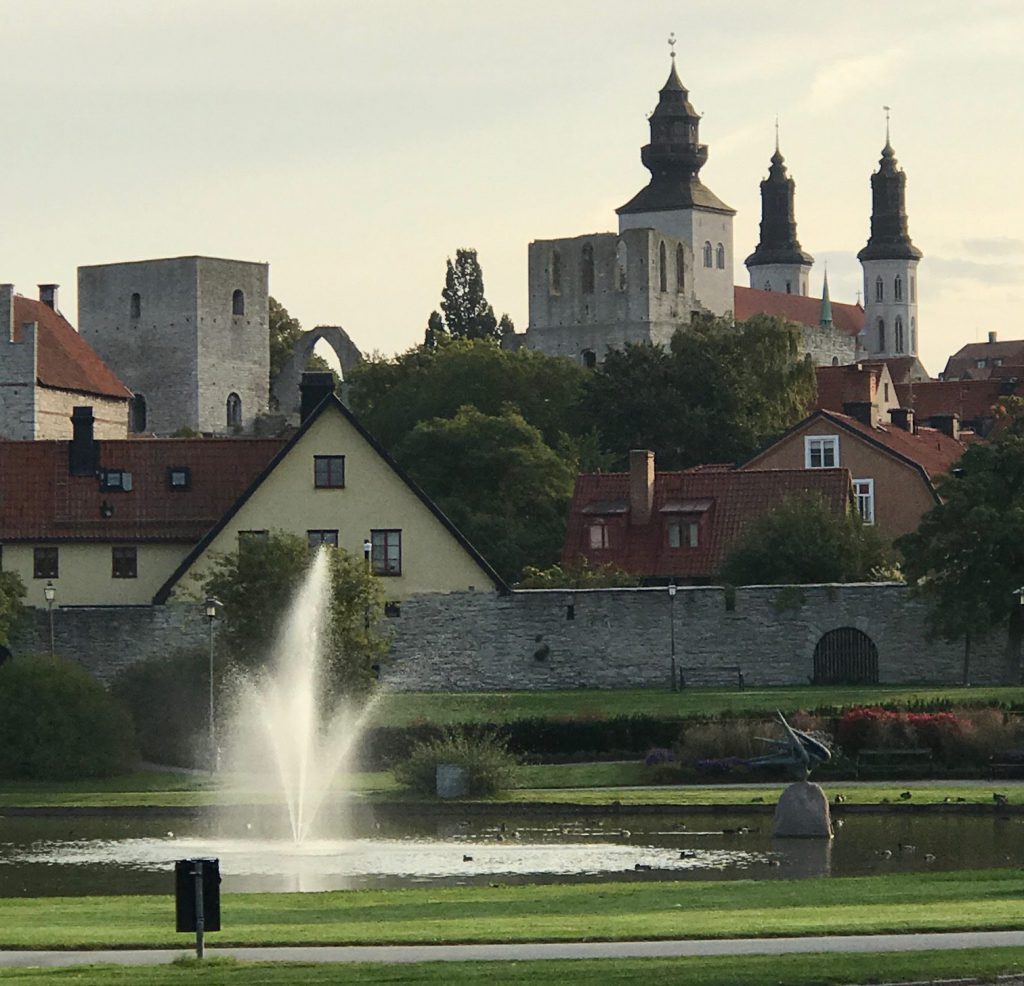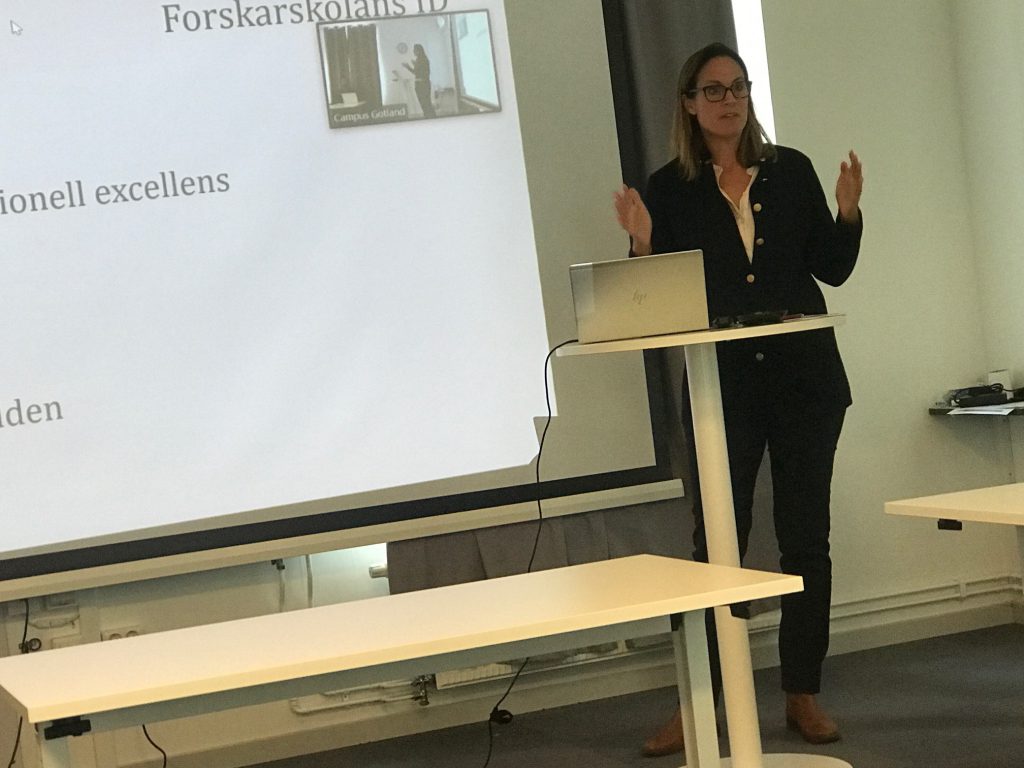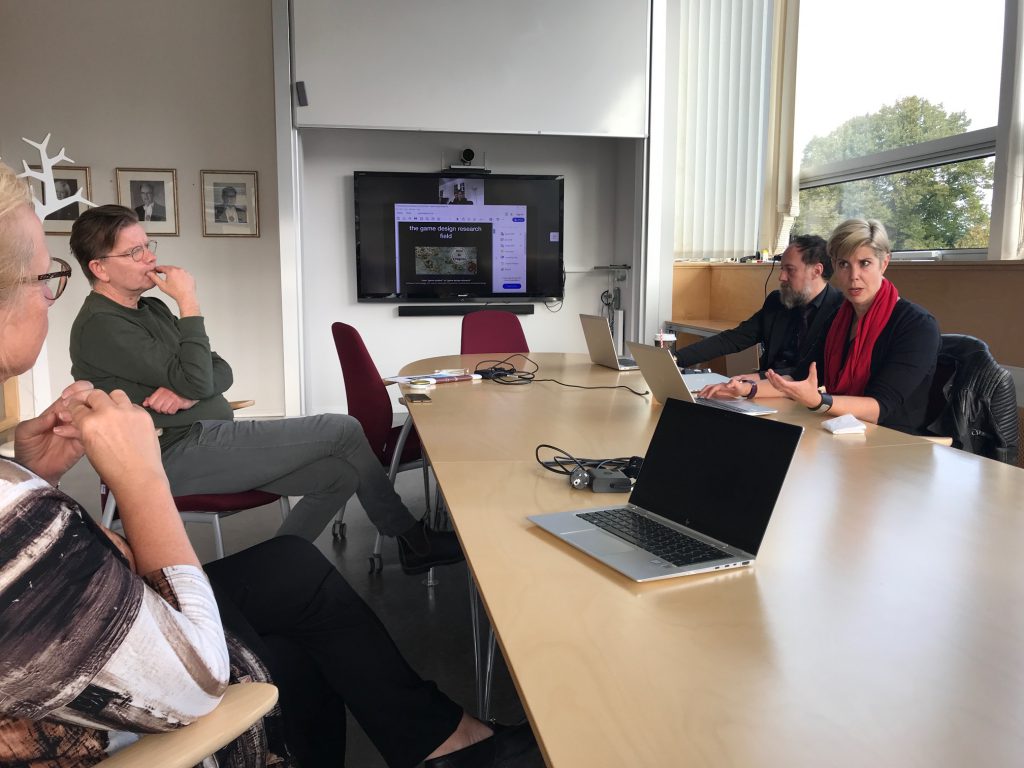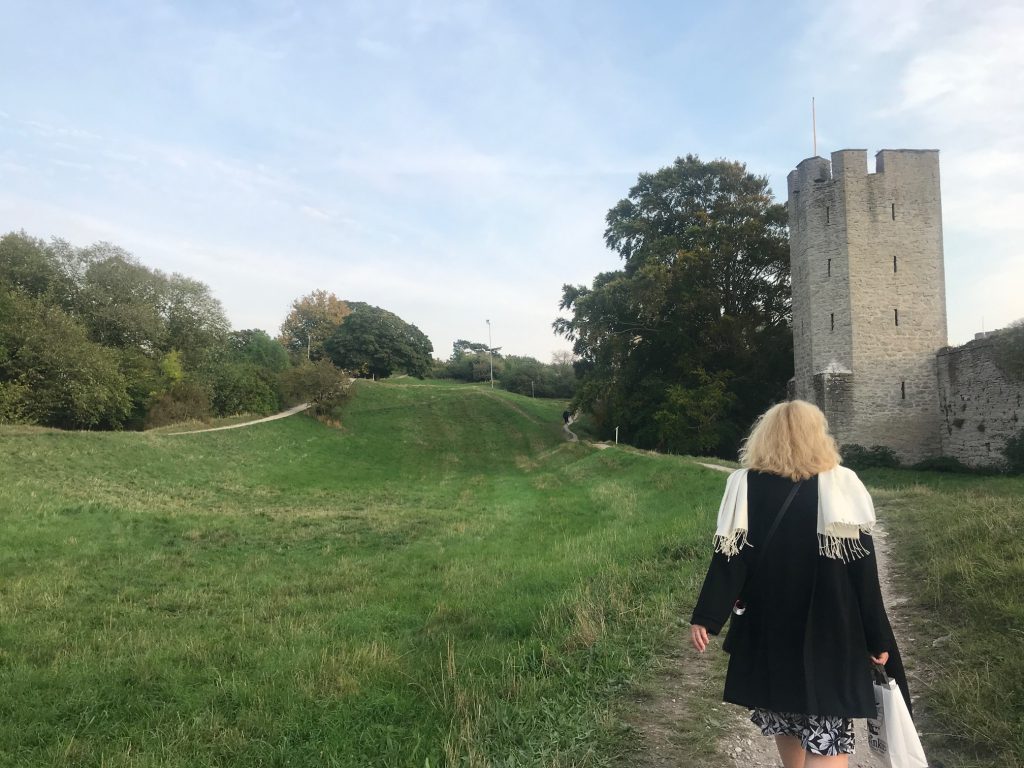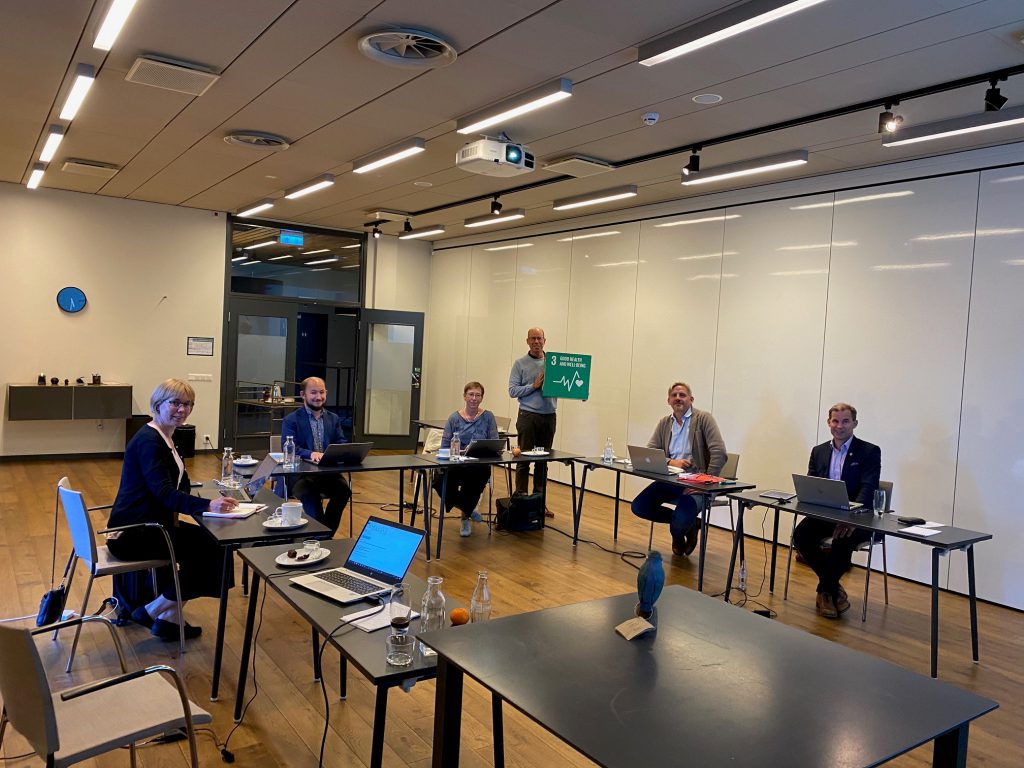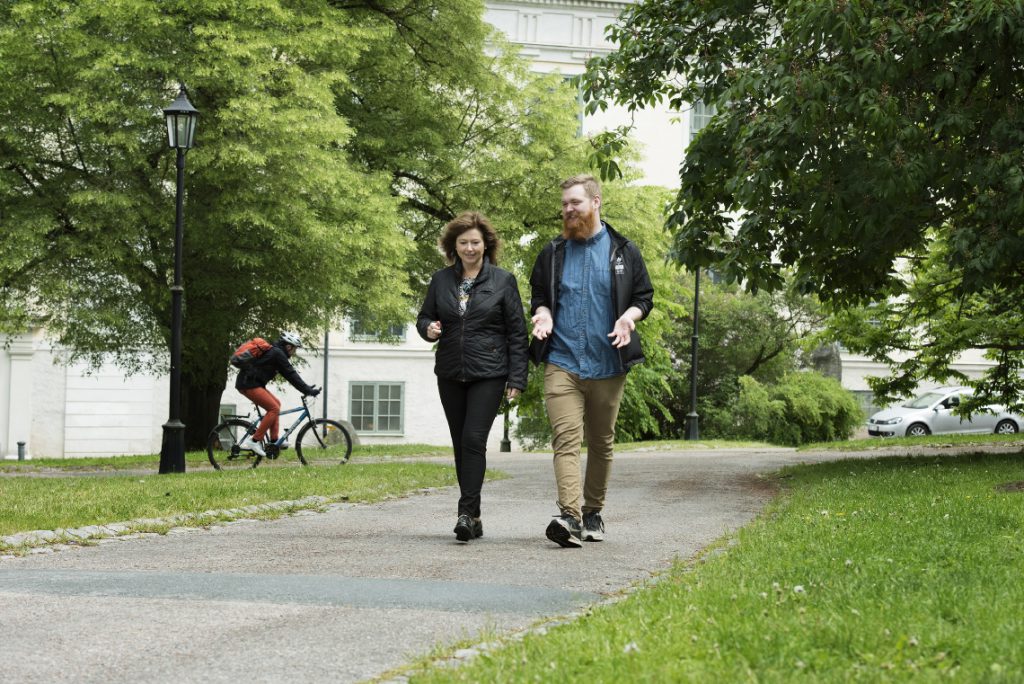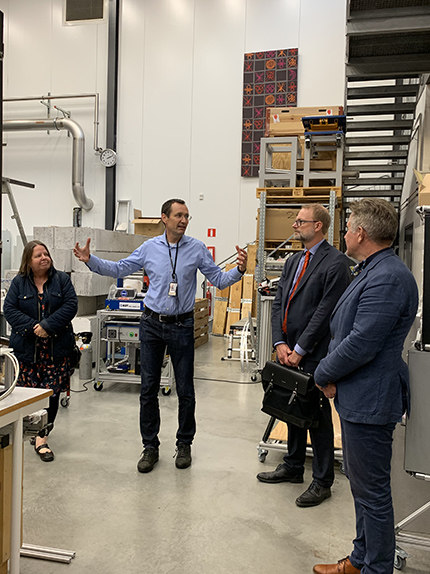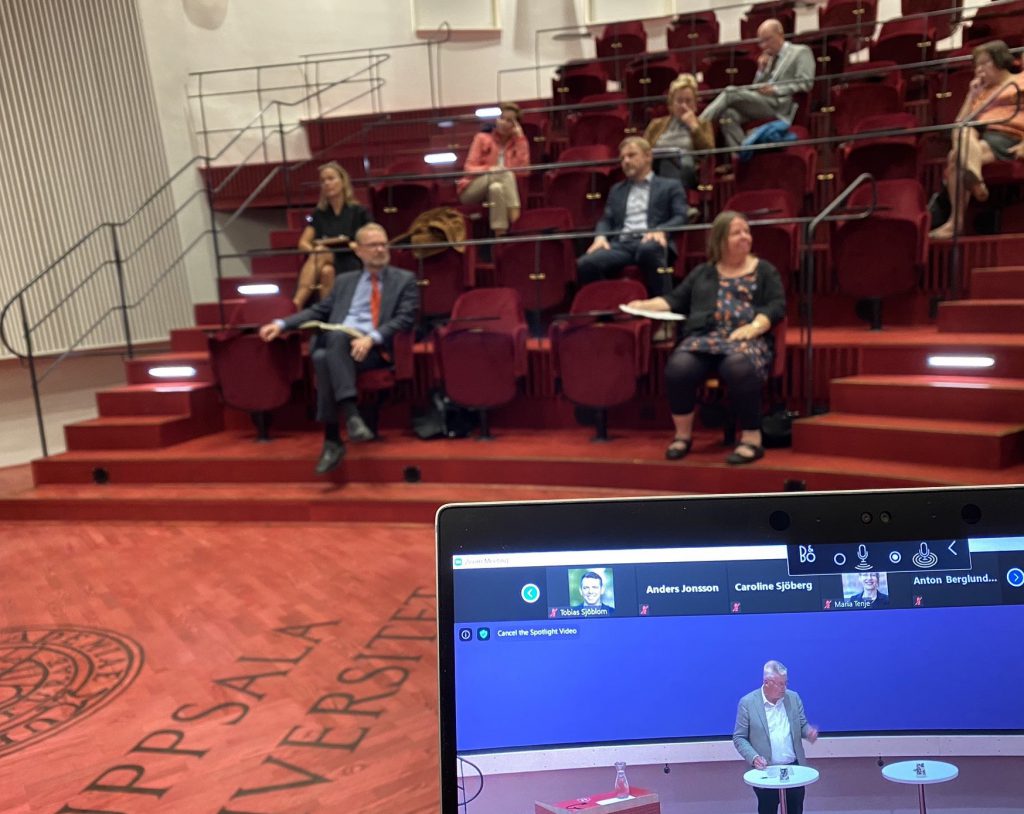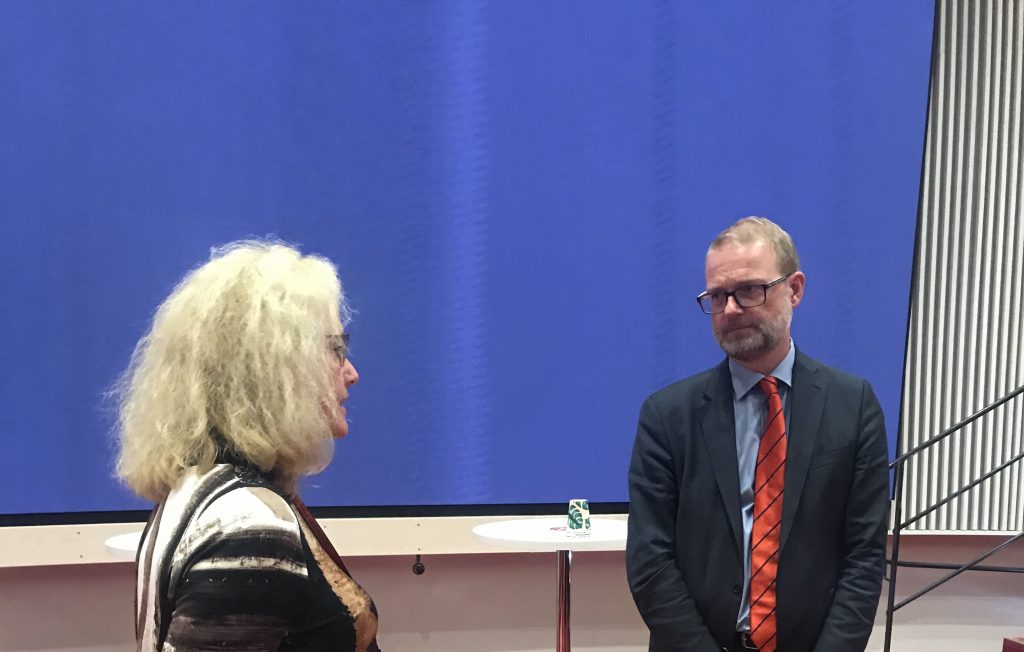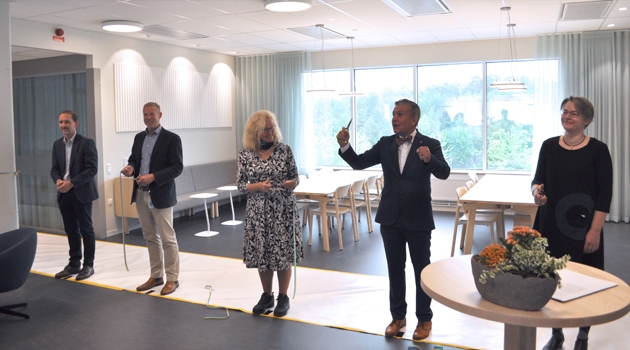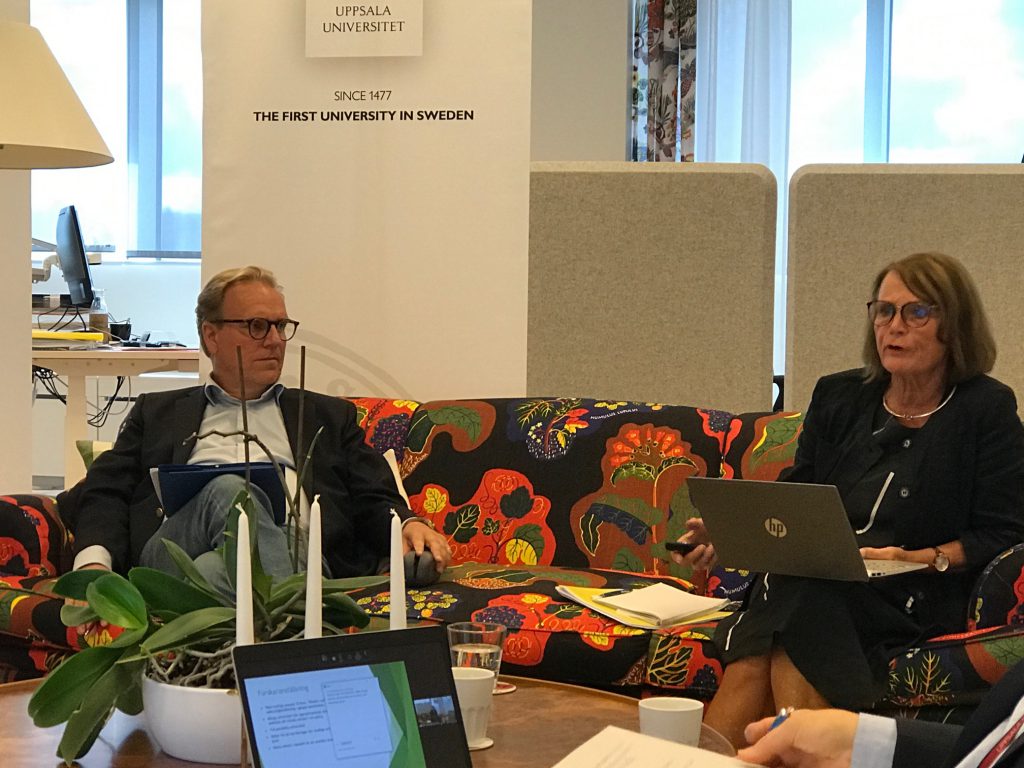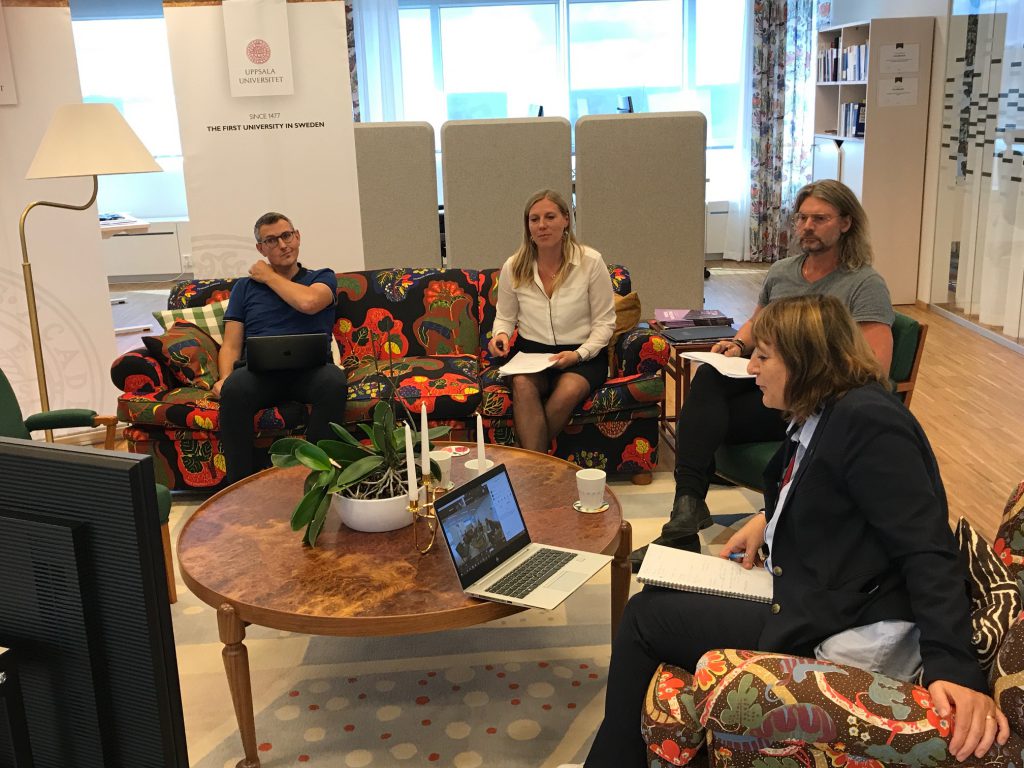We have written previously about developments in the pipeline at European level in the area of research, education and innovation that will affect us in Sweden. A great deal has happened since then, both in Brussels and in Sweden.
Yesterday there was a digital hearing on the proposed national strategy for Sweden’s participation in the upcoming EU framework programme for research and innovation (Horizon Europe). The proposal has been drawn up by the coordinating group EU-SAM, which is led by Vinnova. Uppsala University welcomes this initiative, though we wish it had been in place a year ago. That would have given us a shared national platform from which we would have had better prospects of influencing the contents of the framework programme to align more with Swedish wishes and priorities.
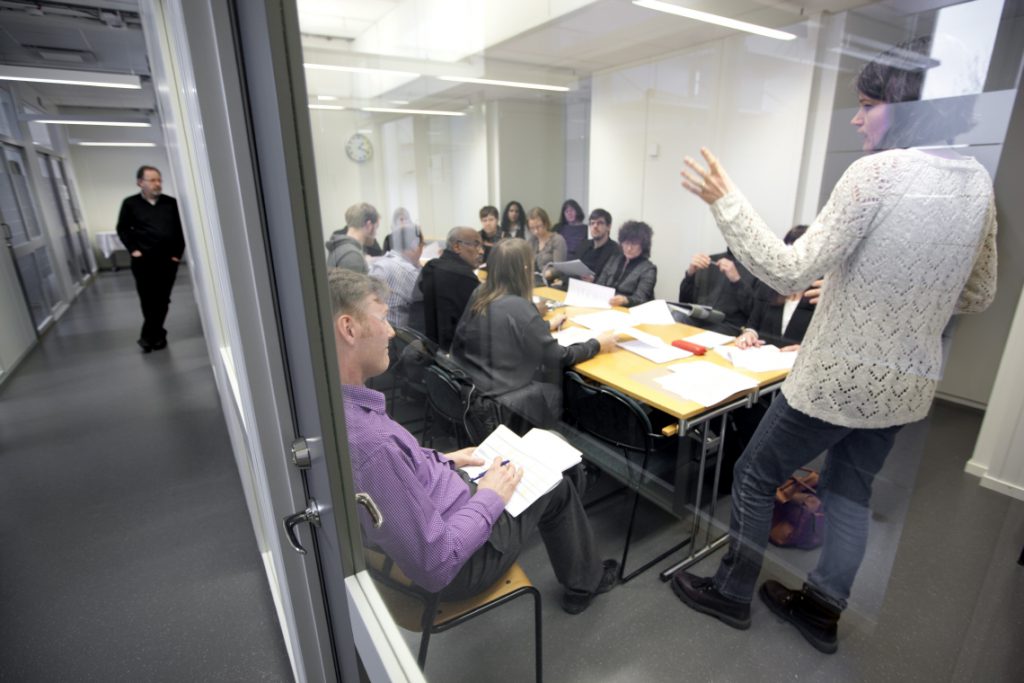
One obvious trend is that in its initiatives, the EU is seeking engagement and co-financing from the Member States. The goal is to guide the countries, by various incentives, towards shared strategies for increasing effectiveness and interplay between their various systems of research, innovation and education. The initiatives stem from policy discussions that reach the higher education institutions all too rarely, despite the fact that universities and other HEIs account for more than half of Sweden’s participation in the framework programme. Thanks to our membership of The Guild, we now have insight into the processes and can participate in the discussion.
One good example of an important policy discussion of this kind is the agenda-setting initiative European Research Area (ERA ), which the European Commission presented today. The Commission’s communication proposes a ‘relaunch’ for the ERA through a ‘pact’ for research and innovation in which the Member States commit themselves to developing prioritised measures together. A good deal of the contents was as expected, for example, the call to Member States to concentrate on major societal challenges, particularly economic recovery and the digital and green transitions. One new goal is that within ten years, the Member States will devote five per cent of public funding for research – a proposed 1.25% of GDP – to the EU’s joint programmes and partnerships. The idea is for Member States to adopt the goals of the document voluntarily. To some extent, this reflects what The Guild has called for (read the document from the Guild here), although we would have liked to see the UN Global Goals as the foundation, rather than the needs of industry, as well as higher targets for public investments.
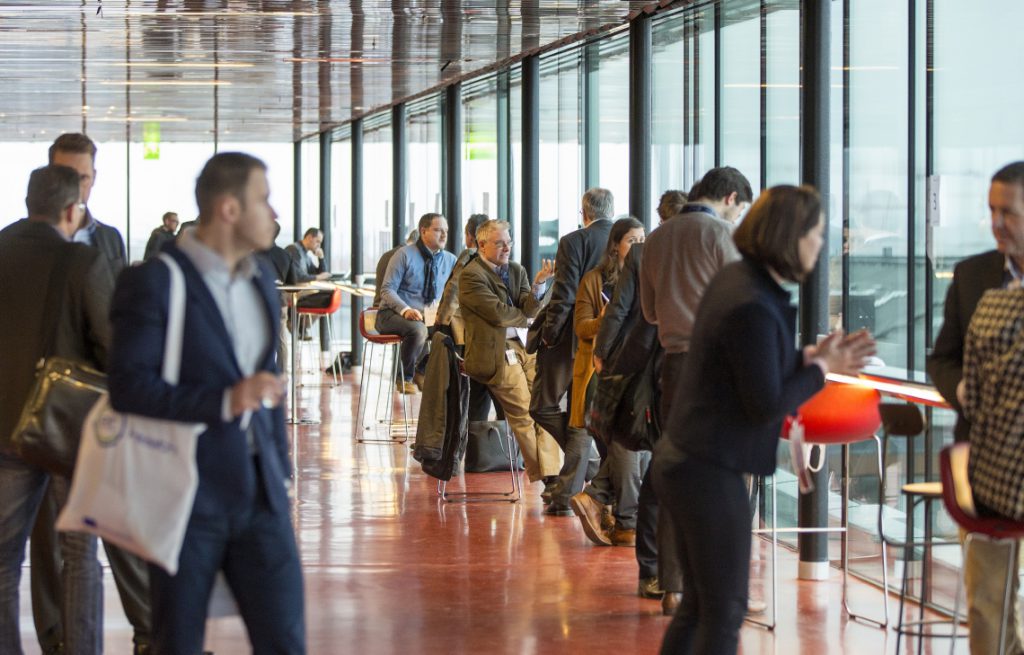
On the home front, we need national coordination and transparency in the Swedish process of developing positions and input. To be able to participate in EU-level conversations, we need to become clearer about what we want in Sweden and able to communicate this in our dialogue with European partners. This is our hope of the national strategy for Sweden’s participation in the EU research programme, which is now being prepared. We have given our input to the strategy, in which we emphasise that our priorities should be based on excellent science, stress the importance of basic research in the value chain and of infrastructure for research, and highlight the potential for integrating research and education at our comprehensive universities.
The new Commission has chosen to place education, research and innovation under the same commissioner, Mariya Gabriel – a clear signal of the link between research and education, which we consider self-evident – while the Swedish Government has chosen to limit itself to a strategy for the research programme alone. This is a shame when so much is now happening at the interface between education and research at the initiative of the Commission, for example, digitalisation, the career system and the transformation of our sector. This applies not least to the Commission’s latest European Universities Initiative, in which eleven Swedish higher education institutions are taking part in various alliances, in our case ENLIGHT. This has been called a ‘testbed’ for Vision 2030 on the Future of Universities, another Commission initiative targeting our sector.

